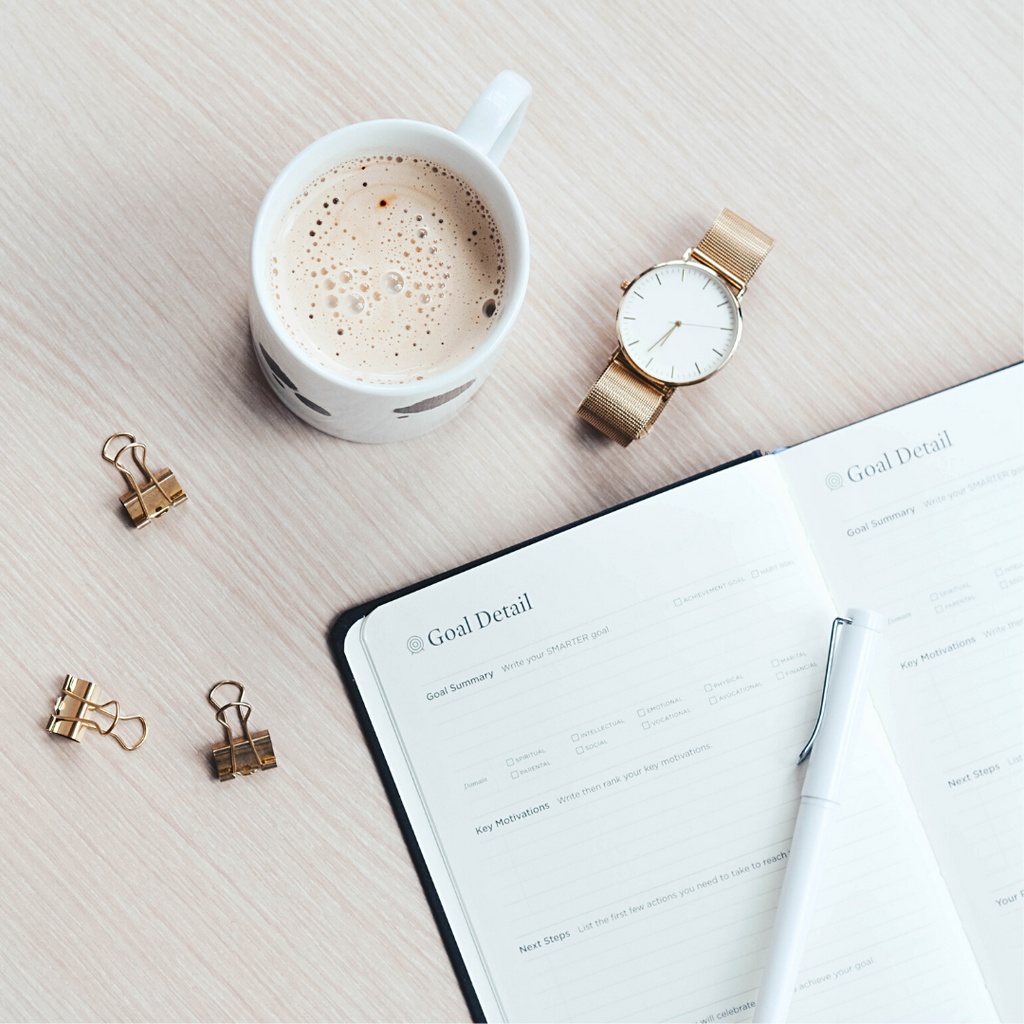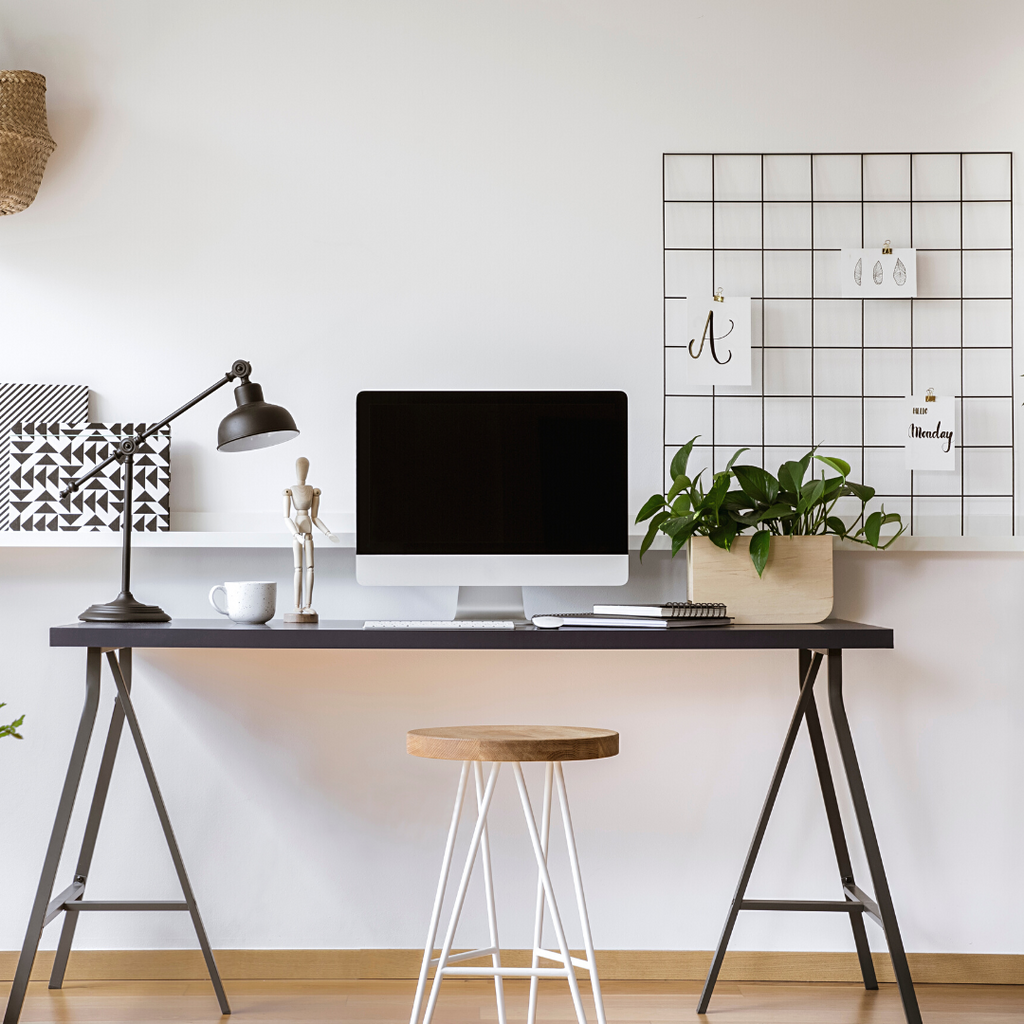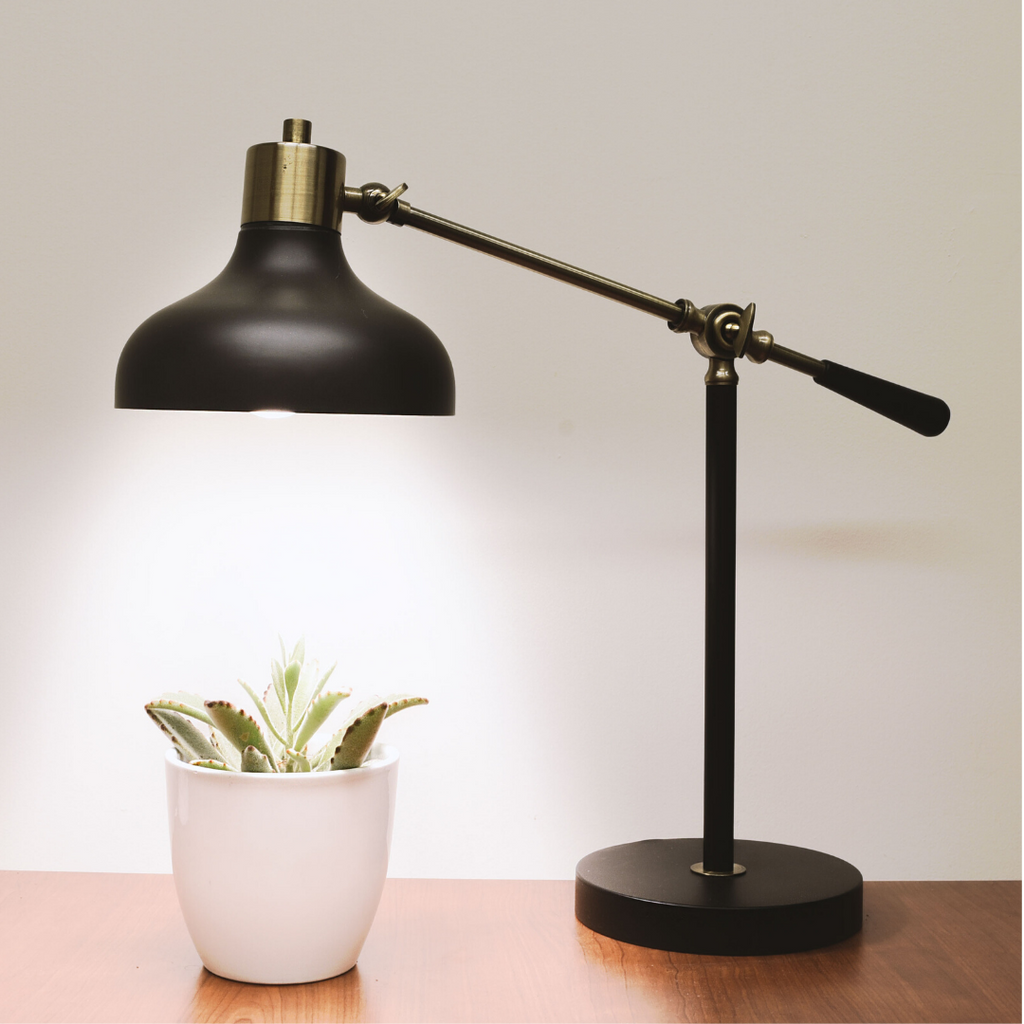Our 7 Secrets To Work-From-Home Productivity
Is it only us or has Circuit Breaker been extended again under a different name called Phase 1? For those who have been looking forward to reuniting with friends and loved ones, or even going back to the office after 2 June, we feel you. Hang in there! The silver lining is in sight.
So, here’s to another 4 more weeks of working from home! We hope that you have already adjusted well to this WFH routine. However, for those who are still struggling and feeling out-of-sync, we have listed down what have worked for us during the last two months. We hope that these tips can help to positively improve your work-life balance too!
1. Set your Space

It is so important that our work area is separated from our rest area. For those who have the luxury of working out of your bedroom, find an area in your house where you can sit comfortably and focus. It can be your study, at your dining table, or even in the living room.
To maximise productivity, create a setup that has everything you need in an actual office: a stationery tray, a charging point for your laptop and mobile devices, papers, printer, in/out tray, and etc. With all these available at an arm’s stretch away, we do not have to spend time scuttling around the house finding things.
Another important point to note: when the workday is over, leave your work at this space and call it a day. Do NOT bring it with you into your bedroom.
2. Maintain Your Morning Routine

Having a routine makes us feel grounded. Start your day everyday at the same time as if you were actually go into an office: wake up on time, shower, and get dressed. Dressing up is important in our opinion. It tricks our brains into thinking that we are actually going out for work even though we are only going to another room in our house. It also makes us feel good and less incline to lie down on our bed to rest.
3. Time Blocking

Before we start our work day proper, we tend to set aside 15-30 minutes to list down what we want to accomplish for the day in order of priority. We then organise our to-dos, meals, and breaks into time blocks ala creating a timetable that we were familiar with in schools to keep us on track. Be realistic here. Take time to decide how long each to-do will take and allocate the time block accordingly.
It is crucial to note that we do not bring unfinished work from one time block into the next time block. It is okay that the work is unfinished – it just means that we will set a longer time for that particular to-do next time or you create another time block to complete it the next day.
4. Lessen Distractions

If you have not already, separate your work and play area. Simulate your work-at-home environment to be like in the office. Do you watch TV or have it blaring in the background while working in the office? No? Then, switch off the TV when working at home. If your bed is a temptation, work from a space where you do not fall on your bed easily in the name of taking a break.
5. Exercise

We are all walking a lot lesser now that we are working from home. In case you did not notice, those steps from your home to the train station, from the train station to your office, and even going out for lunch all adds up easily to at least 1000 steps. Now that our office is in our room and lunch in the kitchen, the steps are significantly cut down to triple digits, and worse, sometimes double digits.
Incorporate exercise into your daily to-dos to get the endorphins you need. We all need endorphins to keep us happy and energetic, and of course, healthy. Set aside at least 15 minutes each day to do simple stretching exercises or follow fitness videos on YouTube. We recommend the Nike Training Club app or Classpass app for their exercise plans that are suitable for all levels. Or if static exercises are not your cup of tea, go for a walk (mask on) or jog!
6. Take Breaks

Speaking of cup of tea, take breaks. Get up once in a while. Have a snack. Brew yourself a cup of coffee. Take a short nap. Surf the Internet or your social media. A little rest will fuel you for a longer run.
7. Connect

Depression and loneliness are silent enemies that most people are unaware of. They creep in when you have been without human contact for many days and manifest as negative little voices in your head making horrible and self-condemning remarks about yourself. Make an effort to connect to prevent yourself from spiralling into the dark self-condemning thoughts. Organise zoom video calls. Call your colleagues. Talk to your parents and loved ones. We may be socially distant, but we are not isolated. You are not alone.
BONUS: Leave Time for Self Care

We understand that boundaries between work and play might have been crossed in this period when it seems that we are working 24/7. Love yourself and listen to your body if it is protesting. Take deep breaths. Meditate. Cook. Do something you love to fill up your own love tank. We only have one body and one soul, so it is our responsibility to take good care of them so that we can lead a prosperous life.
We hope that these tips are useful for you to cope well with the next four weeks. Do you have other tips that work for you? Leave a comment and share with us!

